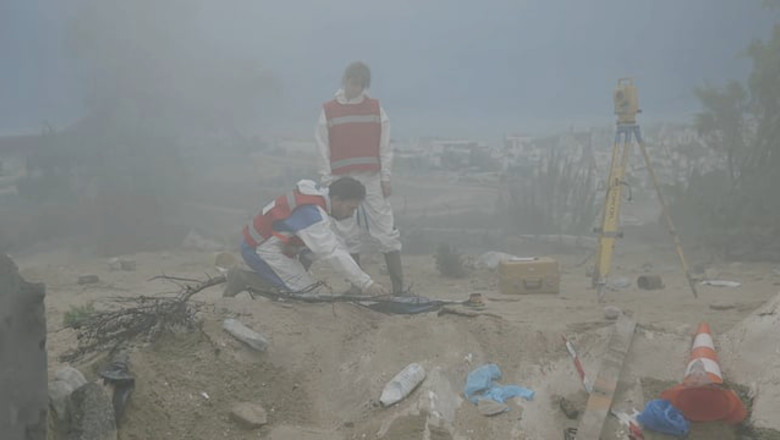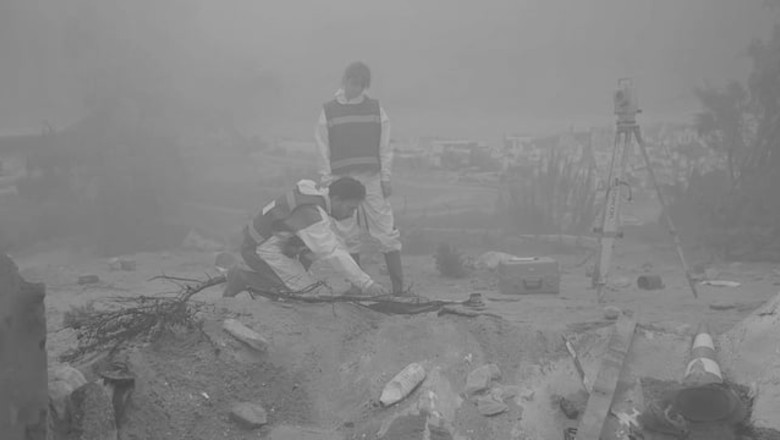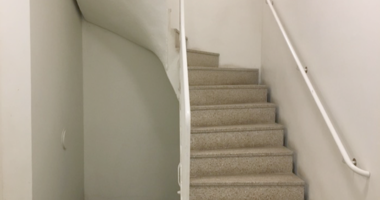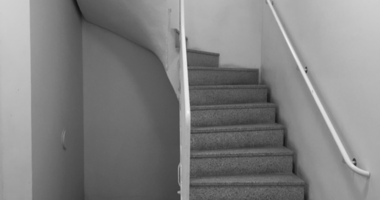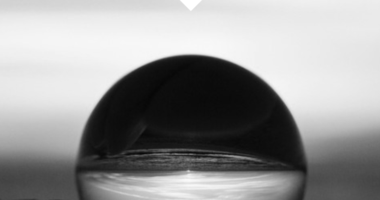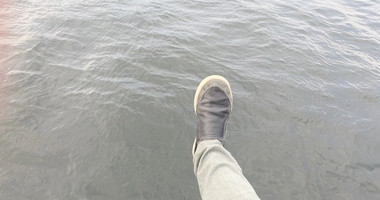UIP 27
The drama in the documentary and the documentary in the drama
Artistic research project by artist and film maker Joachim Hamou. Supported by The Ministry of Culture Denmark.
UIP27 has its starting point in the different perceptions of drama and documentary. It proves difficult to mediate the conflicts between these two notions, as they are increasingly getting closer. Maybe the only real is our experience and then, paradoxically, the theatre seems to be one of the spaces where we can create a common experience between the audience and the performers.
Joachim Hamou’s artistic research aims at dissolving the dichotomy between drama and documentary and by so doing, make both the audience and the performer more attentive towards their own positions.
UIP 27 invite the participants to contribute with authentic language and expert knowledge, and the actors to add a psychological and private dimension to the projected conflict. The project creates a reflective space, where an actual political conflict can be discussed, dissected and staged. Co-producers in this space are the audience that in this case not only participate in the discussions with the invited participants and the actors, but also become part of the actual filmed scenes and documentations.
In this kind of participatory performance a “now” is created and shared by audience, performers and participants. But how does the situation change when the actors “historicize” this immediate “now” as an incorporated aspect of the performance?
The vehicle
In UIP27 the Israel-Palestine conflict has been displaced in time. We are not talking from a contemporary position but from a future one. This creates a situation in which people, directly and indirectly involved in the conflict, can discuss possible situations and scenarios and create a common narrative. UIP is the abbreviation for "United Israel Palestine". ”United” implies a new occupational power; this time it is the international society, governed by the United Nations.
In "United Israel Palestine" year 2027, a time consuming and complicated normalization process, as we know from South Africa, Peru and Germany, will be a necessity.
In Joachim Hamou’s previous work, he has been investigating the notion of nation, borders and the trauma it causes. He considers these issues to be interlinked; the main dominator is the question of territory and body, and the main challenge to these notions is the law.
The whole research is built up around the creation of a performance that will exist only as a film in the final output, as the documentation it aimed to be. During three performances with audience, on three different locations, there will be a parallel development between public discussions and the staging and recording of the scenes that has been publicly discussed.
The performances serve as the social media where an interdisciplinary dialogue can occur between the invited participants (academics, lawyers, activist) and the actors and audience.
During the public discussions, lawyers, researchers and historians, provide the specificity and expertise that will be used in the staged and recorded scenes. Even more important, these experts provide a language that has the specific authoritarian identification of their expertise. Also important is the role of the audience. Since these events are public, the audience can participate in the discussions or/and watch the staging and recordings.
The reason for staging and recording the scenes that have been discussed in the roundtable discussions, is on one hand that the actors can provide a psychological dimension to the case
and on the other hand that there is a direct result of the theoretic talk. Both the audience and the participants can now see the fictional narrative unfold as if it was already a historic play. The
actors perform for an audience even if there are filmic takes such as close up and dialog to be done.
Intentions
There is a multi-layered intention in this process. The overall intention however is to identify, challenge and reposition the notion of documentary and fiction in a performative praxis. This
touches upon the position of the spectator as a participant and the performer as a medium. But it also, and maybe more importantly, touches upon the concept of a shared experience as a
stronger identification than the narrative itself.
In the case of UIP27 the political antagonistic level is very high and therefore it will probably be impossible to have a shared position between the participants, but at the same time the fact that
people from very different political positions are participating will probably leave traces in the general memory of the project.
Context
The complexity and urgency of the topic in UIP27 stress the project in a positive sense. What does it mean when a real lawyer talks about a possible verdict in a near future scenario? And are
her words more legitimate than the actress performing them right after? Or is it only now we really understand the meaning of this possible verdict because of the actresses’ mediation? Is the
audience’s reaction the same?
On an artistic level UIP 27 investigate and challenges the way of creating political art, theatre and film, that transgress the preaching and self-rightness that unfortunately often comes with the indignation of the artist and the anxiety to produce imagery that would seem superficial or illustrative. Joachim Hamou explores a way to have both an involving, co-creating dialog with the audience and at the same time produce an imaginary projection - staging new positions.

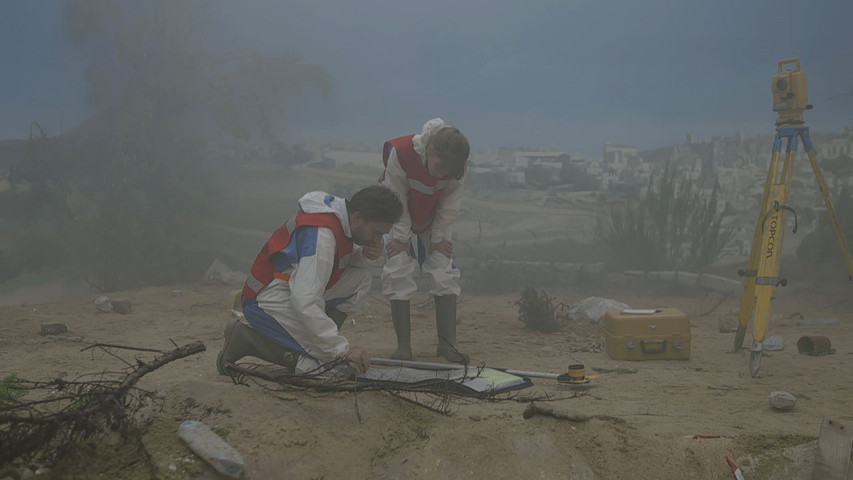
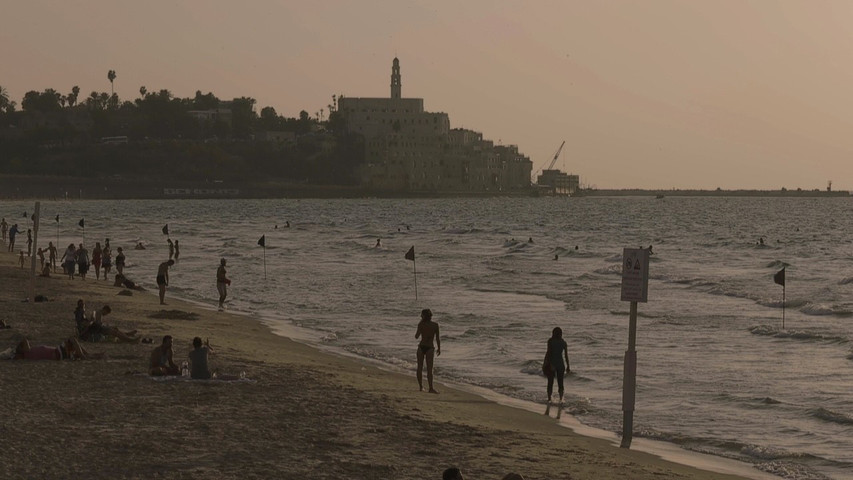
The outcome of UIP27 is the publication Calling out of context published by Paraguay Press.
